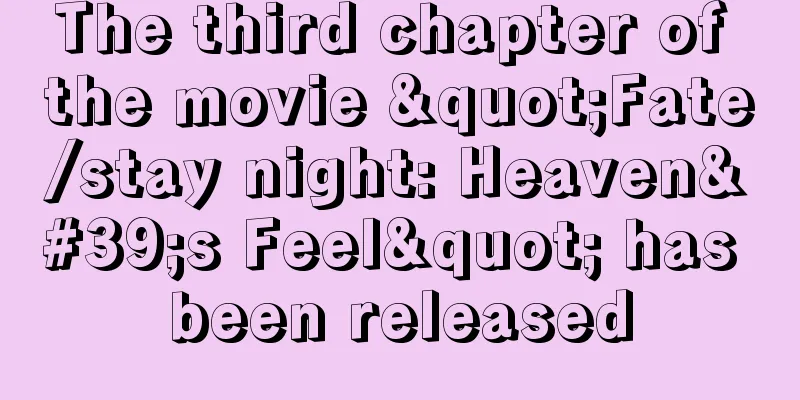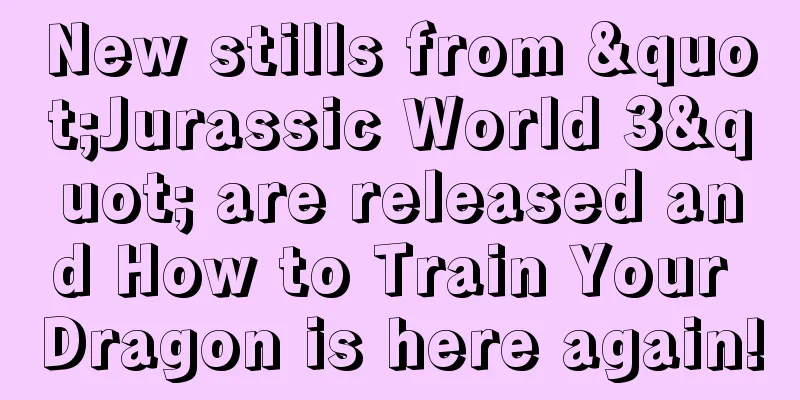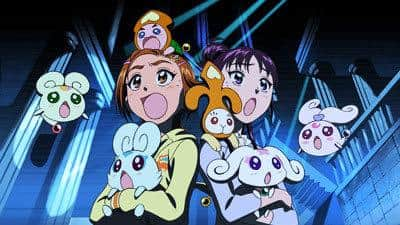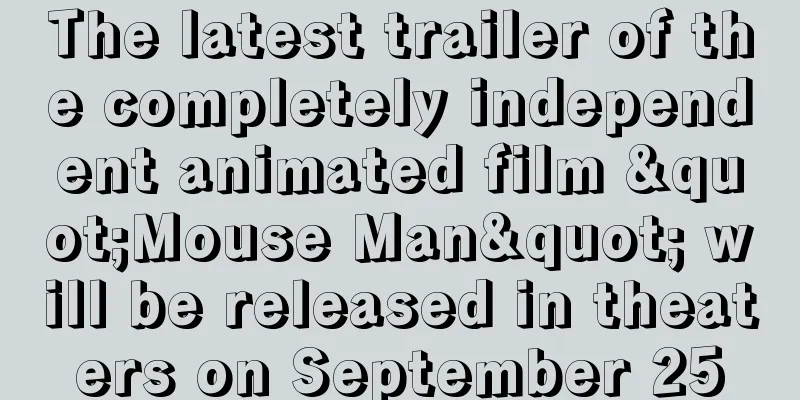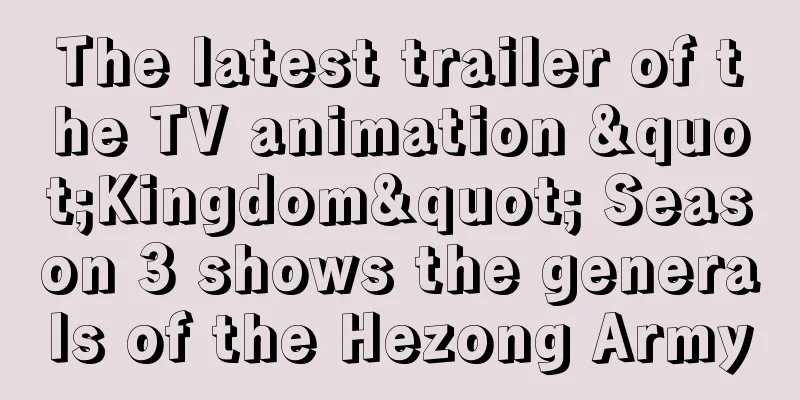Dune is released as scheduled. Why does such an advanced civilization have no computer robots?
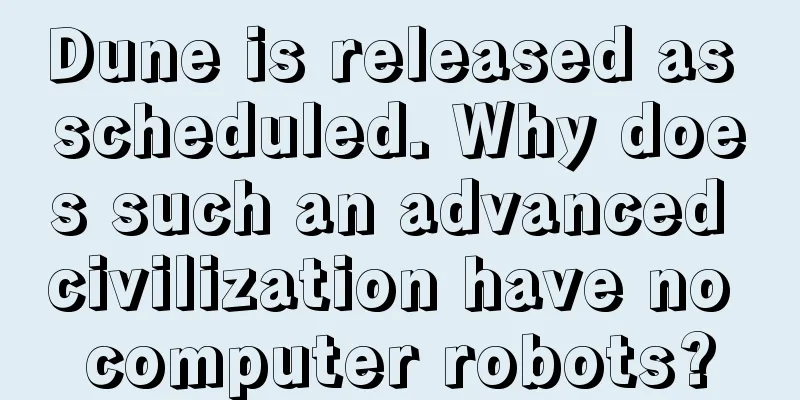
|
Last weekend, the much-anticipated science fiction masterpiece "Dune" was released as scheduled. First-time audiences may be curious about why the seemingly advanced civilization in the film does not have computer robots. In fact, the original work has an explanation for this setting. Old players who like games may have "extra" feelings for "Dune". The game "Dune 2" launched by Westwood once laid the foundation for "real-time strategy games"; and sandworms, spices (or "Melange"), astronauts' unions, ornithopters, etc., frequently appeared in various science fiction works later in various derivative forms. Dune was published in 1965. Compared with other science fiction writers of the same period who were keen on the theme of symbiosis between computers and future humans, Herbert laid a different basic setting at the beginning of the story - a world without computers and robots. Why do we always want to fight with AI? This is due to a setting mentioned at the beginning of the novel: Butlerian Jihad. As an important event in the history of the Dune world, the war took place more than 10,000 years before the main story. At that time, humans mastered interstellar navigation technology and expanded their distribution among the stars in the universe; at the same time, they created a large number of "thinking machines" to serve themselves, and even used these "thinking machines" to form a government to implement rule and management. Hundreds of years later, some people began to be unable to bear the high-pressure rule and enslavement of the "thinking machines" and rose up in anger to rebel. A war between humans and "thinking machines" finally broke out. In the end, humans won and machines lost, and all "thinking machines" were destroyed. The human world established the iron rule that "never create a thinking machine", and from then on, computers, AI, and robots disappeared from the world of "Dune". Herbert's setting in "Dune" may be largely a response to Asimov's "Robot-Galactic Empire-Foundation" series of works - a deduction of Asimov's "Three Laws of Robotics". Taking the "three laws" to their extreme, a fundamental ethical and philosophical question emerges: if the cost of protecting a human being is to watch another human being get hurt, how should a robot act? An intelligent machine version of the "trolley problem": the battle between absolute moralism and utilitarianism. Faced with this dilemma, Asimov added a "Zeroth Law" to the plot: robots must prioritize the survival and safety of humans as a whole, and the three major laws are all subject to this. So all the robots stopped operating, and there were no more robots in the human world after that. After reading Asimov's series, when you look back at "Dune", you can clearly find the correspondence between them: the Dune universe can be seen as a dark version of Asimov's universe. Popular science fiction films and TV shows such as The Terminator and The Matrix also reflect this sentiment, to the point that "robots destroying humanity" has become a fixed theme, and the handheld laser guns and metal skulls in The Terminator have become the embodiment of terror in the public's subconscious. The rapid development of artificial intelligence in recent years has also deepened this anxiety. For example, Elon Musk has also come out to join in the fun and call for research on "safe" artificial intelligence. Dune sets a world where computer technology is banned, and as a result, the significance of human beings is highlighted. In the original text, because there is no "thinking machine" as a crutch, humans have developed various "schools" to expand their own thinking power. For example, the Mentat School: they train students to become "Mentats" - a type of professional used to replace computers, with unparalleled analytical and calculation capabilities; and the navigators of the Astronautical Union, who use spices to enhance their perception of hyperspace so that starships can navigate in the subspace (that's why the spices in the novel are so critical, they support the entire interstellar shipping industry); and the Bene Gesserit, who also acquire powerful, almost magical abilities - such as precognition, manipulating others through words, etc. - through taking spices and strict mental and physical training. This is where the classic science fiction meaning of "Dune" lies: there are no computers or trendy new technologies, but a complete, heterogeneous, and self-consistent world grows within its own framework. |
>>: CCTV: Hundreds of classic animations will be released in 4K restored versions within one year
Recommend
The second season of the TV animation "The Promised Neverland" officially premieres on January 7
Today, December 20, at the "JUMP Festival 20...
"Marvel's What If...?" Season 2 trailer to be released on December 22
Today (November 16), Marvel officially announced ...
Spider-Man: Far From Home first revealed: Mysterio says he is from the 833 universe
Spider-Man: Far From Home first revealed a clip, ...
The Witcher Season 4: Ciri's appearance will change dramatically, closer to the game's appearance
The fourth season of Netflix's "The Witc...
Explore the mysterious spaceship! The latest episode of the fantasy new series "Gleipnir" is released
The TV animation "Gleipnir", adapted fr...
Peter Jackson to produce new live-action Lord of the Rings film Hunt for Gollum
According to Warner's financial report, the s...
Disney announces release dates for multiple new films: Snow White to be released on March 22, 2024
Today (September 16), Disney officially announced...
The photo book of "Rurouni Kenshin: The Final Chapter" will be released on June 4th, with 500,000 selected stills
The live-action movie "Rurouni Kenshin Final...
The Witcher Season 3 has been confirmed to start filming next year before the second season is aired
Although the second season of Netflix's TV se...
Doraemon the Movie "Nobita's Great Demon Adventure" Review: The pinnacle of fantasy and adventure
Doraemon the Movie: Nobita's Great Demon Adve...
The latest trailer of the new animated film "Crayon Shin-chan" will be released on April 23
The 29th theatrical animated film in the "Cr...
The appeal and reviews of Future GPX Cyber Formula EARLYDAYS RENEWAL
Future GPX Cyber Formula EARLYDAYS RENEWAL - Fu...
"Death Billiards": A thorough analysis of a tense billiards match that takes place in the afterlife!
Death Billiards: The ultimate game in the afterli...
Donate to charity! Paul Walker's collection of 21 luxury cars from Fast and Furious will be auctioned off
According to The Sun, 21 cars from the personal c...
The best voice actor is the best planner! Popular voice actor Aoi Yuuki plans to produce a new "Orc" animation
The new "Orc" animation, written, plann...

